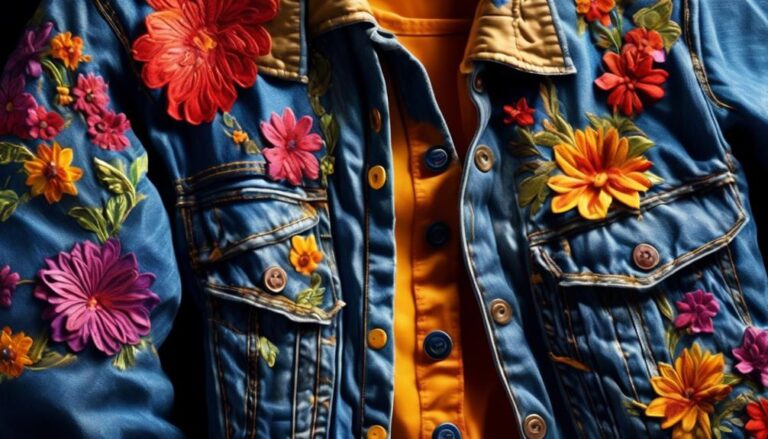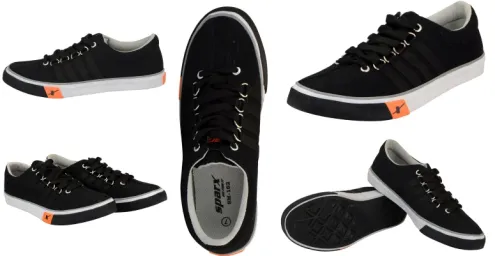In recent years, the global shift towards sustainable and cruelty-free living has spurred a remarkable trend – the surge in popularity of vegan shoes. These ethical alternatives to traditional footwear have caught the attention of conscious consumers, fashion enthusiasts, and eco-conscious individuals alike. But what exactly goes into making a pair of vegan shoes? In this article, we will delve deep into the intricate process of crafting vegan footwear, shedding light on how these shoes are created without using any animal-derived materials.
The Rise of Vegan Shoes
Vegan shoes, sometimes referred to as vegan sneakers, are footwear options that are not only stylish but also eco-friendly and cruelty-free. They are gaining traction for a multitude of reasons, chief among them being the growing awareness of animal welfare concerns and environmental impact associated with traditional leather and other animal-derived materials.
Materials Matter
One of the fundamental aspects of creating vegan shoes is the choice of materials. Unlike traditional footwear, which often relies on leather, suede, or other animal-derived materials, vegan shoes are crafted using a diverse range of alternatives. These materials are not only animal-friendly but also sustainable and durable.
Synthetic Leather
Synthetic leather, often made from polyurethane (PU) or polyvinyl chloride (PVC), serves as an excellent substitute for traditional leather. It mimics the texture and appearance of genuine leather without harming animals.
Plant-Based Materials
Plant-based materials like cork, hemp, and Piñatex (made from pineapple fibers) are gaining popularity in the world of vegan footwear. These materials are not only sustainable but also biodegradable.
Recycled and Upcycled Materials
Many vegan shoe manufacturers are adopting a circular economy approach by using recycled or upcycled materials such as plastic bottles, rubber, and fabric scraps. This not only reduces waste but also lowers the carbon footprint of the footwear industry.
The Manufacturing Process
Crafting vegan shoes is a complex and meticulous process that involves several stages, including design, material sourcing, and assembly. Let’s take a closer look at how vegan shoes are made.
Design
The design phase of vegan shoe production is critical, as it sets the tone for the entire process. Designers work to create stylish and functional shoe designs that are also compatible with the chosen vegan materials.
Material Sourcing
Once the design is finalized, manufacturers source the vegan materials needed for production. This often involves partnerships with eco-friendly suppliers who specialize in cruelty-free and sustainable materials.
Cutting and Stitching
The selected vegan materials are cut into precise shapes and stitched together by skilled artisans. This stage requires careful attention to detail to ensure the shoes’ quality and longevity.
Gluing and Assembly
In some cases, adhesives are used to bond various components of the shoes. Vegan shoe manufacturers typically use animal-free glues to maintain their cruelty-free status.
Quality Control
Quality control is a crucial step in the manufacturing process. Each pair of vegan shoes undergoes rigorous inspection to ensure they meet the highest standards of quality and durability.
The Environmental Impact
In addition to being animal-friendly, vegan shoes also have a significantly lower environmental footprint compared to their traditional counterparts. Here’s why:
Reduced Resource Use
Vegan materials often require fewer resources to produce than animal-derived ones. For instance, the water and land required for cattle farming and leather production are substantial, whereas vegan materials like synthetic leather or plant-based options are more resource-efficient.
Lower Carbon Emissions
The livestock industry is a major contributor to greenhouse gas emissions. By opting for vegan shoes, consumers can help reduce the demand for animal agriculture, thereby mitigating its environmental impact.
Less Chemical Usage
Tanning and processing animal hides involve the use of chemicals that can be harmful to the environment. Vegan materials are typically processed with fewer or no harmful chemicals, making them more eco-friendly.
The Fashion Factor
One common misconception about vegan shoes is that they compromise on style. However, this couldn’t be further from the truth. Vegan footwear has evolved significantly in recent years, with designers and brands offering a wide range of trendy and fashionable options to suit various tastes and occasions. Whether you’re looking for casual sneakers, elegant dress shoes, or rugged hiking boots, there are vegan alternatives to meet your fashion needs.
The Future of Vegan Shoes
As consumer awareness continues to grow and ethical and sustainable living become increasingly important, the future of vegan shoes looks promising. Here are some trends and developments to watch for:
Innovation in Materials
The development of new, innovative vegan materials is ongoing. Researchers and manufacturers are constantly exploring alternative options that are even more sustainable and eco-friendly.
Increased Accessibility
As demand for vegan shoes rises, they are becoming more accessible in terms of price and availability. This makes it easier for a broader range of consumers to make ethical and sustainable choices.
Collaborations and Partnerships
Many fashion brands are collaborating with vegan shoe designers and manufacturers to offer cruelty-free options within their collections. These partnerships help raise awareness and expand the market for vegan footwear.
Ethical Fashion Movements
The broader ethical fashion movement is driving demand for vegan shoes. As consumers become more conscious of the social and environmental impact of their clothing choices, vegan shoes are poised to play a more prominent role in the industry.
In conclusion, vegan shoes, often referred to as vegan sneaker, are an ethical and sustainable alternative to traditional footwear. By choosing vegan shoes crafted from cruelty-free and eco-friendly materials, consumers can make a positive impact on animal welfare and the environment while still enjoying stylish and high-quality footwear. The future of vegan shoes is bright, with ongoing innovation and increasing accessibility making them a desirable choice for conscious consumers worldwide. So, the next time you lace up a pair of vegan sneakers, know that you’re not just making a fashion statement, but also a statement of compassion and sustainability.

















